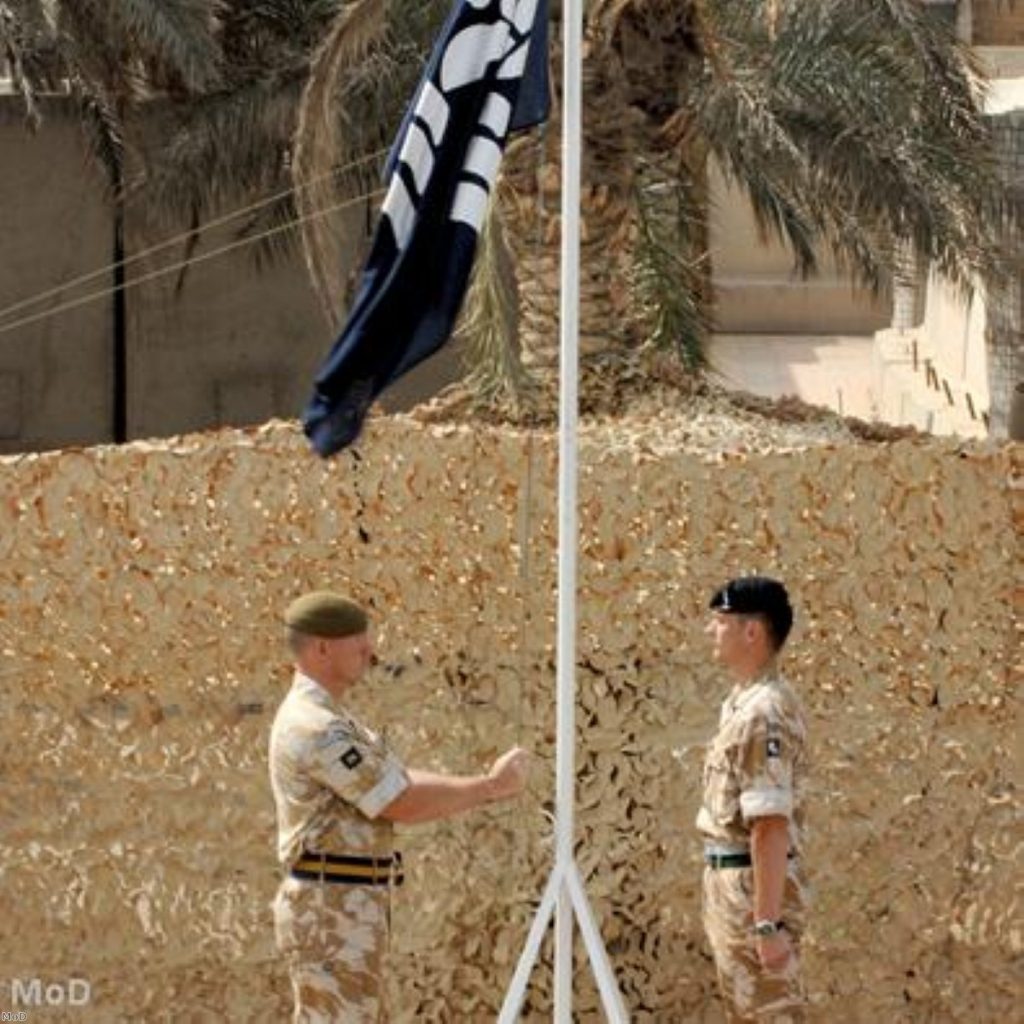Blair will give evidence in Iraq inquiry
By Liz Stephens
Former prime minister Tony Blair will be called on to give evidence in the Iraq inquiry, chairman Sir John Chilcot confirmed today.
Launching the inquiry, Sir John also said that some hearings may be televised.
He called for the inquiry to be “as open as possible” but it is understood that some hearings will still be held privately for reasons of national security.


In his opening address the former civil servant said: “This committee will not shy away from making criticism. If we find that mistakes were made, that there were issues which could have been dealt with better, we will say so frankly.”
The inquiry, which will be conducted by privy counsellors at the Queen Elizabeth II conference centre in central London, will hear evidence from ministers, military officers and officials.
It is due to report in a year’s time and Sir John confirmed today that an interim report was unlikely before the next election.
This will be very unpopular with the Tories, who have complained that it is politically expedient for the government to delay the conclusions of the inquiry until after a general election.
The scope of the inquiry is expected to cover the events leading up to the September 11th terror attacks to the withdrawal of the majority of British troops from Iraq earlier this year.
Questions are likely to include whether Mr Blair and his close advisers shared their information with the rest of the government and whether the former prime minister made any private undertakings to George Bush that he would commit UK troops to the invasion of Iraq without a UN mandate.
The government previously resisted calls for a public inquiry, saying it could endanger troops serving in Iraq.
However with combat operations now over and only 150 troops remaining in the country on ‘training’ duties, the government was forced to concede last month.
Gordon Brown had initially called for the inquiry to be private but was forced to back down in the face of overwhelming criticism from backbenchers, opposition parties and the military.
Mr Brown said the final report would “be able to disclose all but the most sensitive information, that is, all information except that which is essential to our national security”.
The Chilcot inquiry follows two previous inquiries, chaired by Lords Hutton and Butler, which were attacked for their lack of independence.
The war in Iraq cost the British taxpayer £6.5 billion and cost the lives of 179 servicemen and women.

